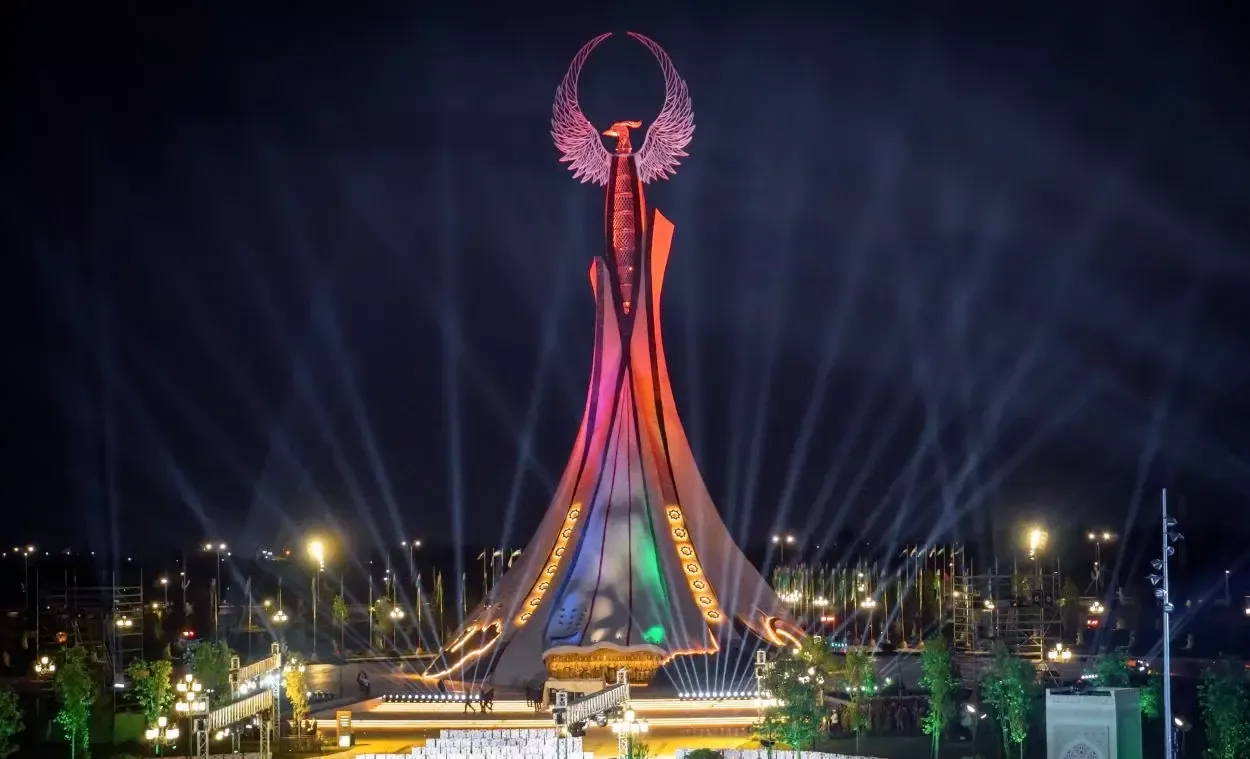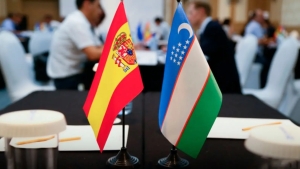Understanding Independence and the Importance of Preserving It

In the early years after Uzbekistan gained independence and even later, the widespread opinion in society was that “independence only brought convenience to the state and officials, while the condition of ordinary people did not improve significantly.” This was reported by Zamin.uz.
Political scientist Kamoliddin Rabbimov, in an article published on Kun.uz, reflects on the important factors in understanding and preserving independence. Soon, Uzbekistan will mark 34 years since gaining independence.
During this time, the concept of independence and its meaning have changed and enriched. Likewise, the threats to independence have varied over different periods.
When we gained independence in 1991, society and the state did not fully comprehend the significance of this wealth. There were many reasons for this situation.
First of all, skeptical views towards independence were strong in society. The idea that “independence only benefited the state and authorities, and there was no major change in the lives of ordinary people” was widespread.
This is related to the fact that social thinking had been formed over a long period. The attitude towards independence is explained not only by ideological or emotional factors but also by social psychological and sociological factors.
The ability to understand society determines the future of the state. We are in a unique situation regarding independence because we are one of the last states to become independent after the collapse of the former Soviet Union.
Russia, the center of the former empire, is currently engaged in a large war, and opinions in Uzbek society about this war are divided. This shows the dominance of perspectives different from independence.
The distrust towards independence lies in historical processes. Uzbek society has experienced continuous conflicts between the state and society throughout its history.
This weakened people's trust in the state. During the colonial period and the Soviet regime, distrust towards the state increased.
Even after independence, these views did not change quickly. Fear of freedom for security and avoidance of it continued, resulting in the people distancing themselves from the state.
To fully understand independence, the mind must be free. Freedom is a universal value.
A person without freedom always feels what freedom is. Modern political thinkers emphasize that the most important values for the state are freedom and trust.
It is important for society to increase mutual trust in freedom and cooperate while maintaining political pluralism. This is the foundation of the development of the state and society.
Until 2016, distrust towards the state was high in Uzbekistan, and mutual suspicion was strong in society. However, in the last eight years, changes have occurred in social thinking.
Fear has decreased, and the spirit of freedom is forming. Similar processes have been observed in other countries that have achieved independence.
Peoples who have gained national independence have changed the situation through their freedom and trust. Simply put, there are problems for us Uzbeks as well, but as an independent state, the opportunity to solve them is in our own hands.
The main thing is that we determine our own destiny. A Turkic-Muslim friend of mine living abroad always says: “You must cherish independence like the apple of your eye.
This independence is important not only for you but also for us. When we gain our own freedom, we will turn to you to restore our language, religion, and customs because we are close.
Your independence is necessary not only for yourselves but also for us.”
Dear compatriots, congratulations on our national independence! May our independence be eternal!
Kamoliddin Rabbimov, political scientist (source: Kun.uz)







